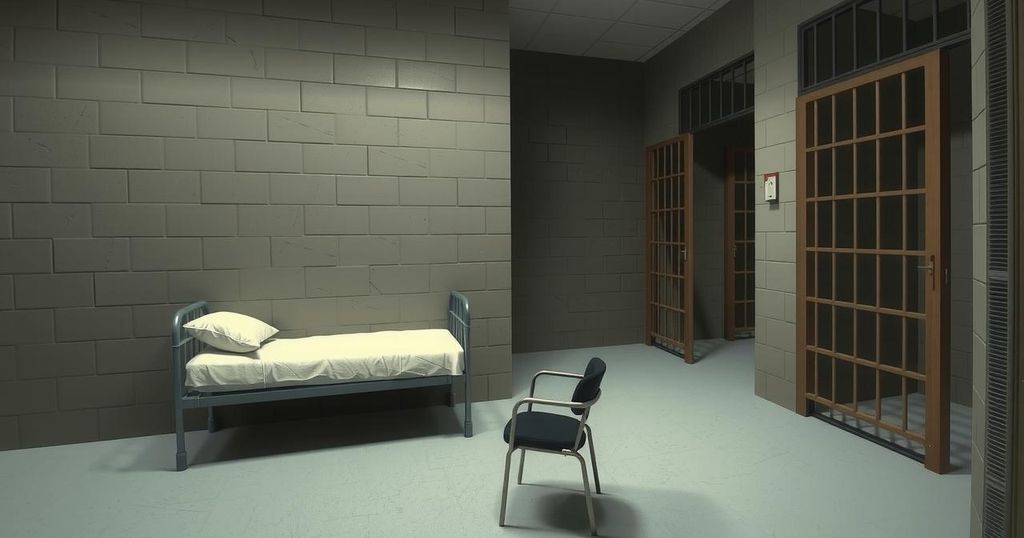El Salvador President Bukele Denies Torture Claims Against Prisoner

- President Nayib Bukele denies torture allegations against Kilmar Abrego Garcia.
- Bukele shared photos to evidence that Abrego Garcia is in good health.
- Public discourse regarding human rights in Salvadoran prisons intensifies.
Bukele Responds to Allegations of Prison Abuse
President Nayib Bukele of El Salvador firmly denied recent allegations regarding the treatment of Kilmar Abrego Garcia in a prison facility. During a statement made via a post on the social media platform X, Bukele asserted that claims of both physical assault and psychological torture were unfounded. In his post, he emphasized that Abrego Garcia had not been tortured and appeared in good condition, providing images to support this assertion.
Media Scrutiny and Human Rights Debate
In his detailed response, Bukele shared photos and videos of Abrego Garcia while he was in his detention cell, aiming to counter claims circulating about the treatment he received. The President’s office has faced increased scrutiny regarding prison conditions in recent months, especially amidst wider debates over human rights issues. This incident has reignited discussions about the state of prisons in El Salvador and the government’s approach to crime and punishment.
Public Reaction and Ongoing Concerns
The public reaction to Bukele’s denial has been mixed, with some expressing skepticism about his claims amid ongoing concerns over human rights in the nation’s overcrowded prisons. Observers noted that, while Bukele’s administration has been credited with reducing crime rates, it has also faced backlash over its hardline tactics. Abrego Garcia’s case exemplifies the complexities facing the Salvadoran government as it balances security measures with the protection of individual rights.
In summary, President Nayib Bukele has rejected allegations of abuse against Kilmar Abrego Garcia, stating that he was neither beaten nor tortured. The incident has opened up further queries on prison practices and human rights in El Salvador. This ongoing scrutiny reflects the nation’s struggle to reconcile security with human dignity.







